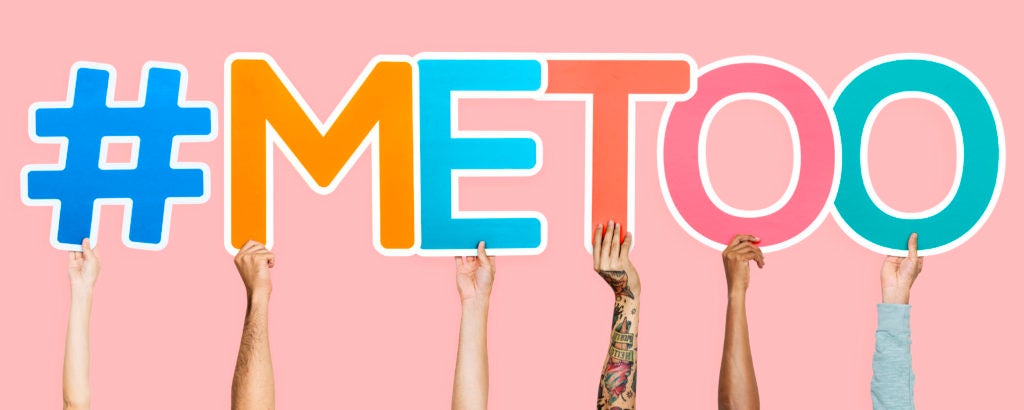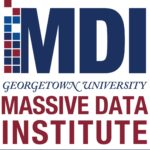The #MeToo Research Collaboration


Partnership between the Gender+ Justice Initiative and the Georgetown McCourt School of Public Policy’s Massive Data Institute
Faculty Collaborators: Computer Science Professor Lisa Singh, Linguistics Professor Deborah Tannen, Anthropology Professor and Chair Denise Brennan, Law Professors Naomi Mezey, Jamillah Williams, Nan Hunter and Deborah Epstein
Visit the The #MeToo Research Collaboration website
In the Spring 2018, G+JI started a research collaboration with the Georgetown Massive Data Institute on the #MeToo Movement against sexual harassment and assault, particularly in the workplace. The ongoing research project analyzes Twitter data around the #MeToo hashtag that went viral in October 2017.
This project is the first large-scale effort to characterize the first year of the movement by building an analytic engine that combines outputs from different inference algorithms to understand the population and conversations occurring. These types of platforms and tools are necessary for a collective understanding of sexual assault, for reducing our collective tolerance for it, and for developing evidence that can be used to impact public policy.
The project’s early findings include:
- Number of #MeToo Tweets to date: More than 14+ million
- The most prevalent topics of conversation have been a) the movement/activism, b) sexual abuse and assault, c) harassment and d) politics
- Some top associated hashtags: #TimesUp, #WithYou, #Resist and other political hashtags
- Over 100 occupations are mentioned at least 100 times. The professions relate to all walks of life, including professors and students
Publications
- Bowman Williams, Jamillah; Singh, Lisa; and Mezey, Naomi. 2019. “#MeToo as Catalyst: A Glimpse into 21st Century Activism .” University of Chicago Legal Forum
- Zech, Julianne, Dale, Fransiska, Singh, Lisa, Williams, Jamillah, & Mezey, Naomi (2019). Exploring the Relationship Between Conversation Using #MeToo and University Harassment Policies. 2019 IEEE International Conference on Data Science and Advanced Analytics (DSAA)(pp. 614-615). IEEE. Poster session presented at the 2019 IEEE International Conference on Data Science and Advanced Analytics (DSAA)